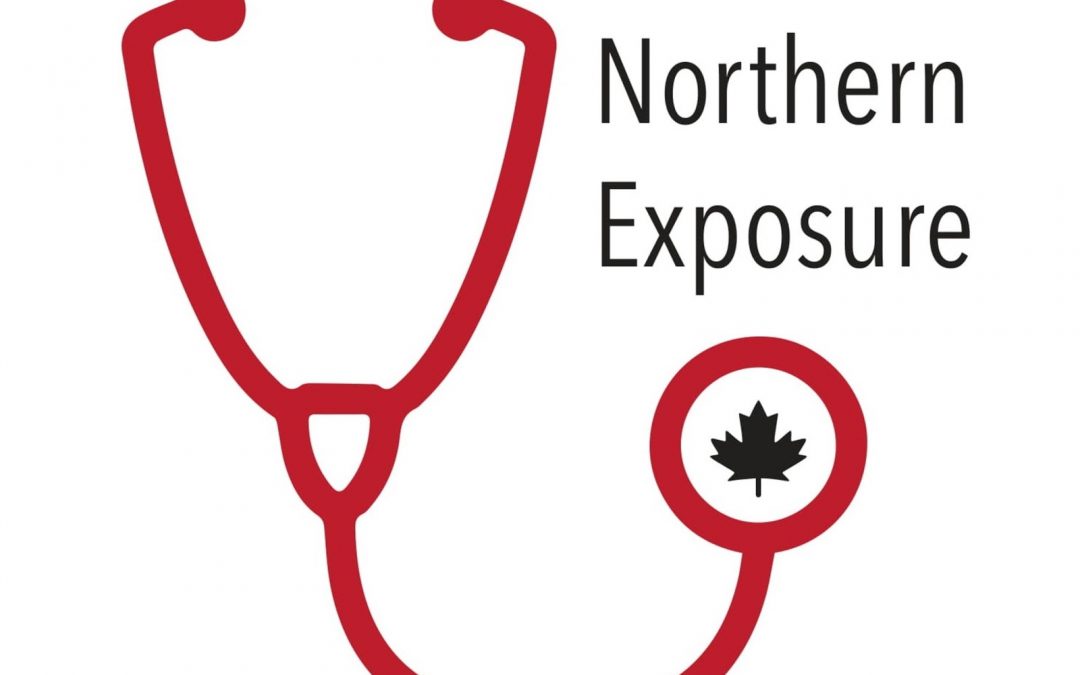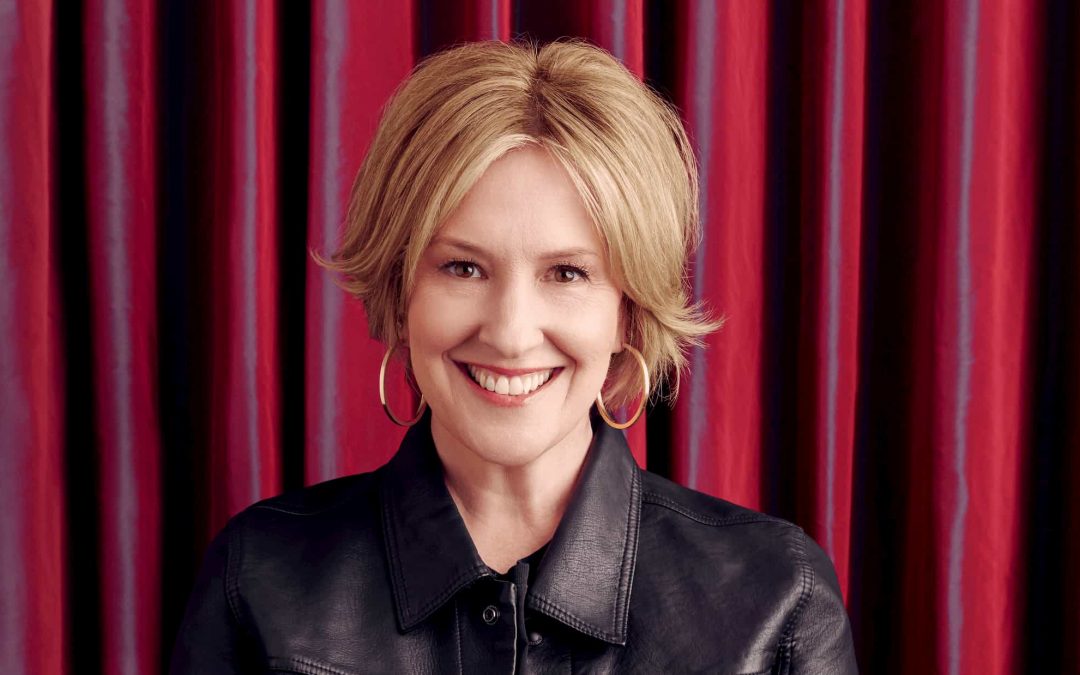
by Marcus Greatheart | May 28, 2021 | Blog, Communication Skills for Doctors, Medical Education |
Ask ‘What else?’ As doctors, there are few things more frustrating than attending a department or other meeting without a clear agenda, so it makes sense that we and our patients have the same expectation of why we are meeting and why we’re gathering and what we’re...

by Nicolas Mertens | May 22, 2021 | Barriers to Health Care, Blog, Communication Skills for Doctors, Uncategorized |
A worsening doctor-patient communication problem Back in Medical school, we learned that doctors are quick to interrupt patients at the very start of the clinical encounter — my colleagues and I all committed to doing better. Interestingly, that study from the 1980s...

by Marcus Greatheart | May 1, 2021 | Barriers to Health Care, Blog, Communication Skills for Doctors, Equity Work, Transgender Health, Uncategorized |
how do I know if my patient is transgender? In my practice I work with many medical students and residents who we train in part to provide gender affirming care. I frequently speak with colleagues who know I have a transgender-inclusive family practice and field many...

by Marcus Greatheart | Dec 15, 2020 | Blog, Communication Skills for Doctors |
“My patients come with too many problems,” is a common grievance I hear from doctors. Your patient wants your help with their shoulder pain, the diarrhea, a form and prescription refills, which doesn’t include your priorities which are checking the blood pressure and...

by Marcus Greatheart | Dec 15, 2020 | Blog, Communication Skills for Doctors, Medical Education |
In July 2020, I had the pleasure of speaking with Anne and Hannah from the Northern Exposure podcast. These remarkable medical students from my alma mater McMaster University Niagara Campus are holding meaningful conversations with physicians across the spectrum to...

by Marcus Greatheart | Dec 15, 2020 | Blog, Communication Skills for Doctors, Medical Education |
On a recent teleconference, an invited physician leader was abrasive and unprofessional in sharing her opinions. Two other leaders gave her feedback on her approach and she changed her tune somewhat, then gave the standard non-apology: “I’m sorry if I was perceived as...







